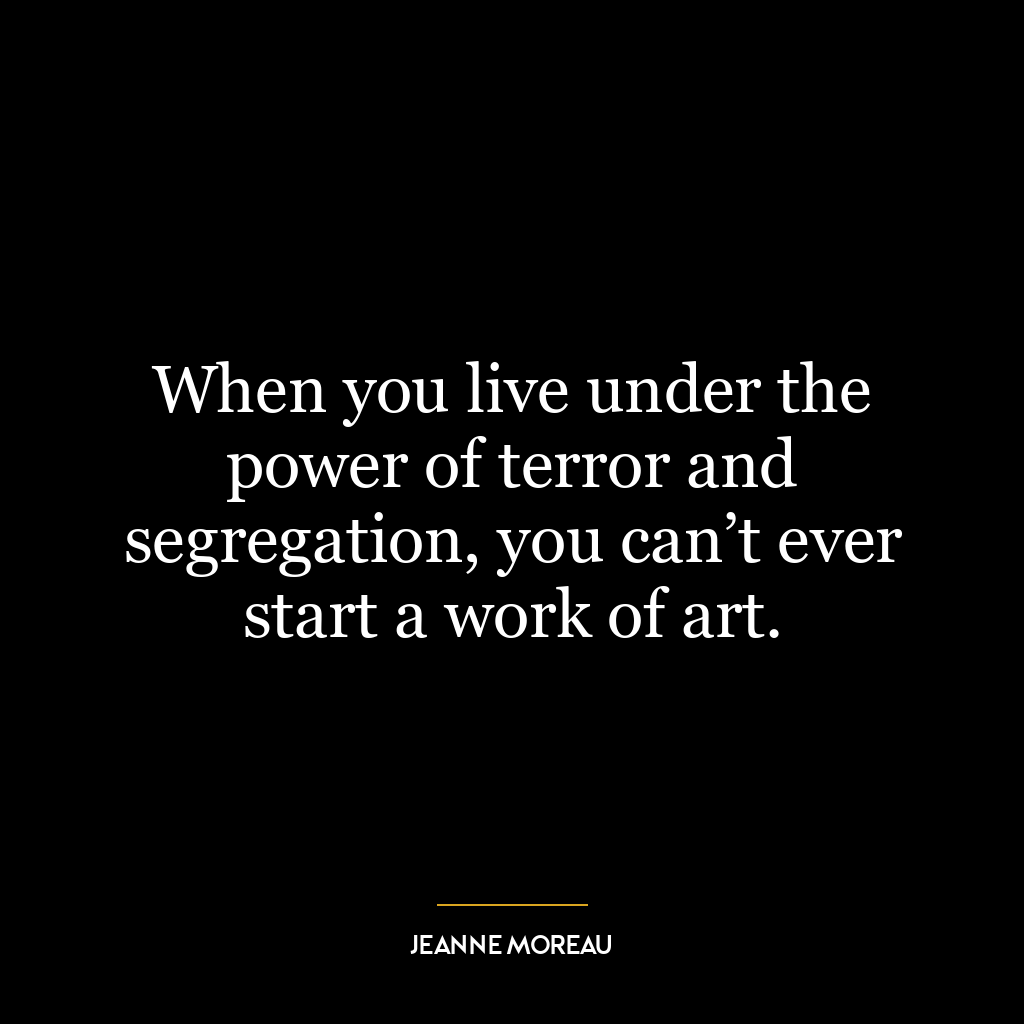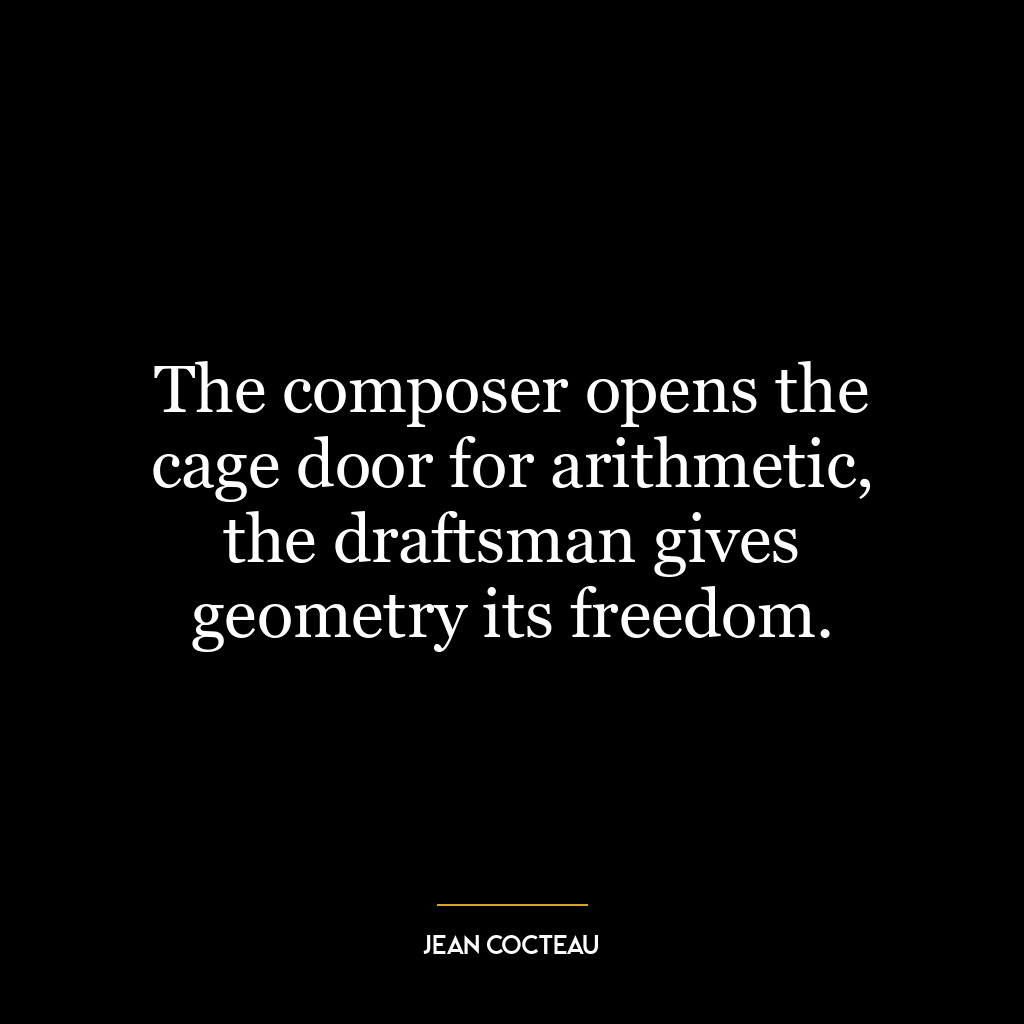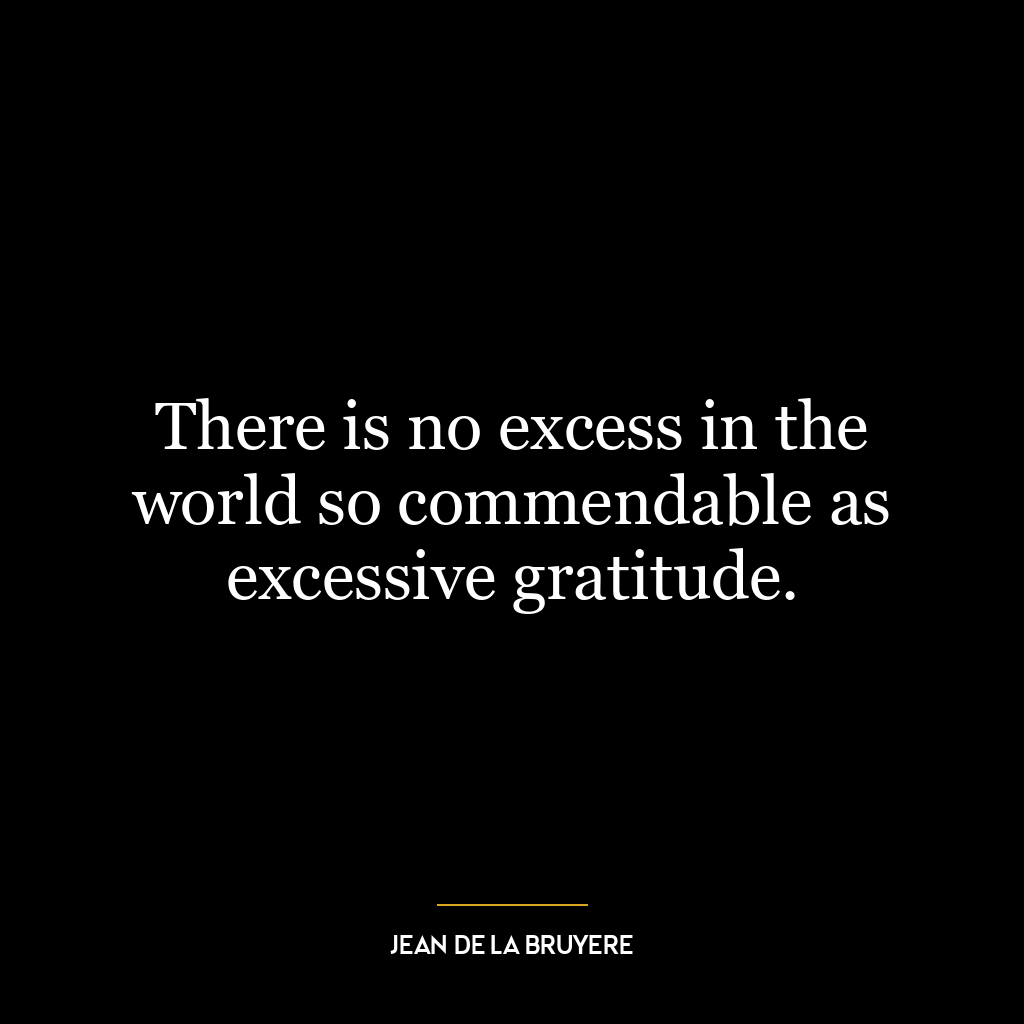Thank God when he oppresses you, and again when he releases you” is a profound statement that speaks to the cyclical nature of life’s challenges and triumphs. The quote suggests that one should be grateful both during times of hardship and times of relief.
When Goethe says “Thank God when he oppresses you,” he is suggesting that there is value in struggle and adversity. This is not to say that suffering is inherently good, but rather to recognize that it often serves as a catalyst for growth and transformation. When we face difficulties, we are forced to confront our limitations, to adapt and to develop resilience. These are all essential components of personal development.
The second part of the quote, ”and again when he releases you,” speaks to the relief and liberation that comes after enduring a difficult period. This could be interpreted as a reminder to appreciate the good times and not take them for granted. It’s easy to forget the struggles once they’re over, but remembering them can provide a sense of perspective and gratitude.
In today’s world, this quote is especially relevant. We live in a time of rapid change and uncertainty, where many people are facing significant challenges. However, these hardships can also be viewed as opportunities for growth and transformation. For instance, the global pandemic has forced us all to adapt in various ways, whether it’s learning to work from home, finding new ways to connect with loved ones, or discovering new hobbies and interests.
On a personal level, this quote can be applied to any difficult situation, whether it’s a job loss, a breakup, or a health crisis. By embracing these challenges and viewing them as opportunities for growth, we can emerge stronger and more resilient. And when the hardship passes, we can appreciate the relief and liberation that comes with it, remembering the journey and the lessons learned along the way.
In conclusion, Goethe’s quote is a powerful reminder to embrace both the highs and lows of life, recognizing that each phase has its own value and purpose. It’s a call to be present in every moment, whether it’s a time of struggle or a time of relief, and to cultivate gratitude throughout the journey.















